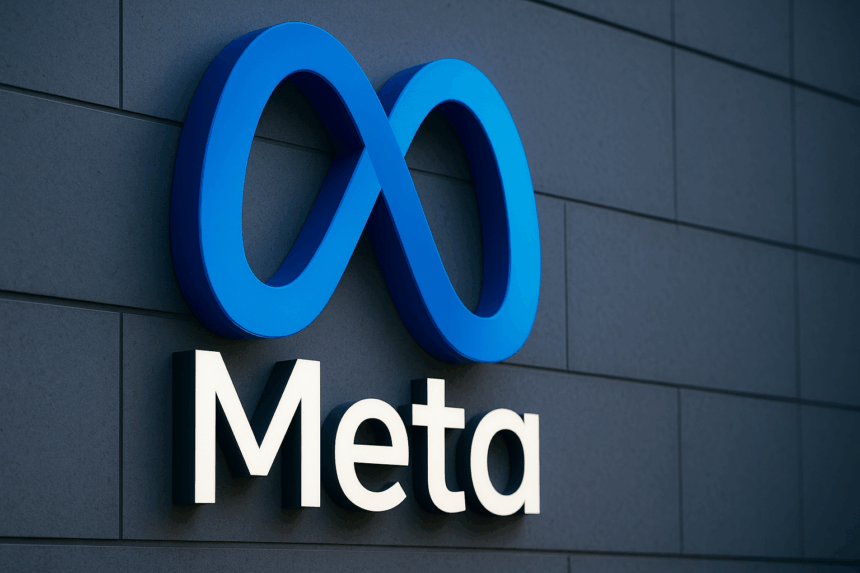Meta (NASDAQ:META) finds itself at the center of a significant legal ruling in Spain, facing a substantial financial penalty for misusing user data. Courts have decided that Meta’s data practices, specifically related to its platforms Facebook and Instagram, provided it with an unfair market advantage. The case represents yet another challenge for tech giants who have to navigate increasingly strict regulations. Past incidents have seen similar issues raised concerning data handling practices within the tech industry, as global scrutiny over privacy continues to intensify.
In recent years, Meta has faced several allegations concerning data privacy. This Spanish court judgment adds to a string of global tensions between tech companies and regulatory bodies focused on personal data usage. Previously, other cases have pointed to a pattern where media companies have raised issues about the extensive market dominance some tech firms enjoy, often leading to claims that user data is exploited without appropriate compensation or consent. This ruling further supports the notion that these practices have significant legal repercussions in various jurisdictions.
Why Did the Court Penalize Meta?
The Madrid Commercial Court concluded that Meta improperly utilized personal data for targeted advertising from May 2018 until August 2023. This approach, according to the court, was based on the notion of “necessity for the performance of a contract,” bypassing clear user consent. Spanish regulators found this justification unsatisfactory, leading the court to determine that Meta’s profit from advertising in this period violated the European Union’s General Data Protection Regulation (GDPR) and Spain’s antitrust laws.
How Is Meta Responding?
Meta has publicly stated its intention to appeal the decision, arguing that the claims lack evidence and misinterpret the nature of the online advertising industry.
“This is a baseless claim that lacks any evidence of alleged harm and willfully ignores how the online advertising industry works,” a Meta spokesperson said.
The company insists on its compliance with existing laws, emphasizing the tools and choices it provides its users.
“Meta complies with all applicable laws and has provided clear choices, transparent information and given users a range of tools to control their experience on our services,” the spokesperson added.
Meanwhile, media outlets worldwide view similar cases as efforts to contend with the outsized influence of tech giants. Critics of these companies argue they gain considerably by distributing media content without compensating creators. This legal battle in Spain is seen as a continuation of these global disputes.
The current climate sees Meta caught in multiple regulatory engagements across Europe, including criticisms about insufficient transparency in reporting illegal content and hindering data access for researchers as stated in the EU’s Digital Services Act assessment. These issues illustrate a consistent struggle for tech companies to balance operational freedom with strict compliance demands.
Legal and industry experts suggest that Meta’s case in Spain is emblematic of wider challenges facing technology companies in a data-driven economy. Staying compliant with global standards remains a critical endeavor as firms navigate diverse regulatory landscapes.










